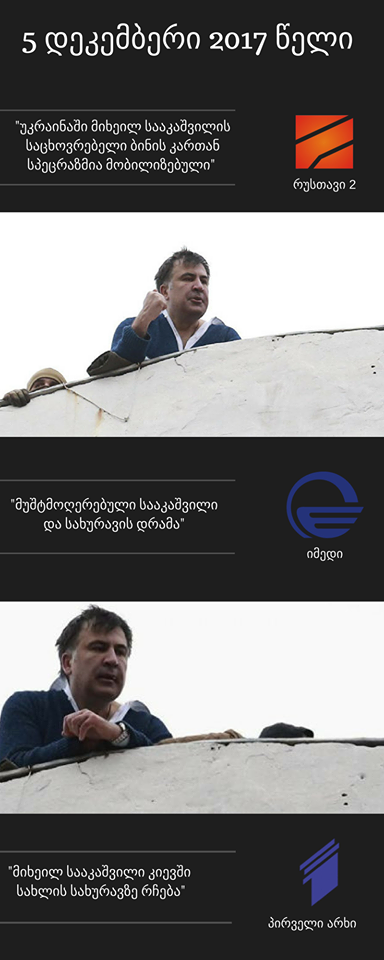The big picture
In our project "Strengthening political pluralism in Georgia - phase II," DRI, in partnership with the Georgia Young Lawyers Association (GYLA), addressed the critical issue of extreme political polarisation within Georgian society and politics. The project included raising public awareness of polarisation, sharing tools with civil society and the media, and bringing key actors together to engage in a meaningful discourse on the issue. Through the project, DRI reached over 20,000 people and actively engaged around 130.
What is extreme political polarisation?
Political polarisation is often present in democracies and can lead to a healthy political debate. However, when polarisation becomes extreme it is detrimental for political discourse and creates divisions in society. In essence, extreme political polarisation involves political parties reaching voters by using polarising rhetoric that destroys any middle ground. Instead of being about differing policies, politics becomes focused on party competition itself in which parties utilise personal attacks against their opponents. This is detrimental to the very foundation of democracy, as explained by Michael Meyer-Resende, DRI Executive Director:
“Disagreement in a democracy gives voters a clear choice, but when opponents become enemies and arguments personal, not policy-based, democracy turns against itself.”
Below is a video that DRI produced with ForSet to help explain extreme political polarisation:
Extreme polarisation in Georgia brings with it a wide spectrum of consequences both for politics and society as a whole. With a lack of policy-based politics, voters lose their voice on critical issues as both parties hold the same moderate policy ground. As DRI and GYLA's summary report "Extreme Political Polarisation and its Impact on Democracy in Georgia" explains:
"Extreme political polarisation has multiple negative effects; it engenders a ‘winner-takes-all’ logic and leads to dysfunctional policymaking, political patronage and regular revisions of fundamental rules."
Some context
In Georgia, DRI's project was occurring simultaneously with local elections and the adoption of Georgia's third constitutional reform, both of which were further exacerbating Georgia's political polarisation. While the constitutional reforms lacked wide political consensus and proper public consultations, the elections continued the norm of politics based on personal attacks that avoided substantive policy debate.
Step 1: Raising awareness
A large part of DRI's project was aimed at raising Georgian society's awareness of extreme political polarisation and its array of negative effects.
DRI approached this through a number of initiatives, including publications, workshops, and social media campaigns.
To learn more about these activities, look through the module below:
In a number of cases, DRI supported youth and civil society in the creation of their own media campaigns on extreme political polarisation by providing them with training in proper messaging and then assistance throughout the development process. DRI's communication event was one of these opportunities.
Find out more in the module below:
Another way in which DRI harnessed social media was through a poster contest on polarisation's causes, dangers, and solutions. Two winners were selected, the first by a jury, which is shown below.
The second poster was chosen through support on Facebook, with the winning poster, shown below, reaching over 24,300 people. 

Step 2: Reaching out to the media
While strengthening this foundational understanding of polarisation with key actors, DRI worked to brainstorm and discuss with the media various tools that would be necessary to support constructive dialogue and advocate for change.
Given the media's important role in spreading political messages, DRI engaged with journalists to show possible roles for the media in fighting polarisation.
Read more about DRI's work with the media:
Step 3: Starting a conversation
Finding effective solutions requires discussion between individuals coming from all relevant sectors of society, from politicians to civil society. DRI created opportunities for such actors to engage in constructive dialogue on the issue of polarisation.
To learn more about these activities, look through the module below:
Where does that leave us?
If one thing is for sure, abating Georgia's extreme political polarisation will be a slow and difficult process for Georgian society. Through their activities in Georgia, DRI aims to create a stronger basis of knowledge and a more open discussion through which local actors can continue to engage with each other and cooperate on establishing strategies to strengthen Georgia's political pluralism.






